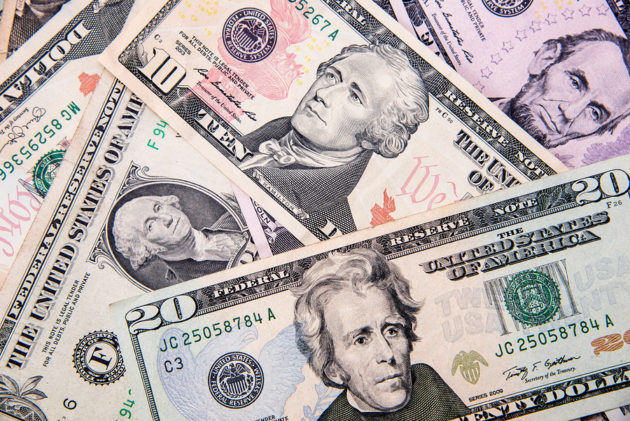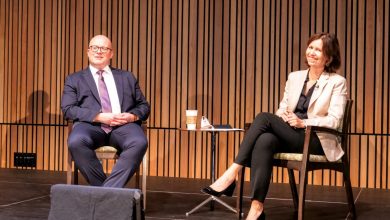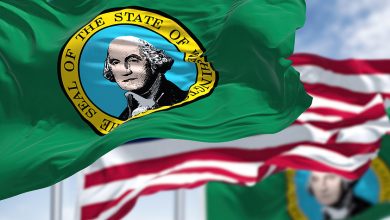Signature shortage: The future of Washington state’s capital gains tax is in the hands of state Supreme Court

UPDATE: The Washington State Supreme Court on Wednesday agreed to hear the capital gains case on direct appeal. The story has been updated to reflect the change.
The future of Washington’s capital gains tax is in the hands of Washington State Supreme Court.
When July 8 passed last week, so did the deadline for filing signatures on the more than three dozen ballot measures opposing the new tax. None of the measures had sufficient signatures to qualify for the November ballot.
“No one came in (Friday) to file anything regarding the capital gains measures,” said Charlie Boisner, the communications director for the Washington Secretary of State. The issue, he said, won’t be taken up by voters this year.
But the future of the tax targeting large stock sales for Washington state residents — approved by both the state legislature and the governor in 2021 — remains unclear. After Gov. Jay Inslee signed the measure into law, its opponents successfully blocked it in Douglas County court.
Douglas County Superior Court Judge Brian Huber sided with opponents of the new tax who argued it was an illegal income tax under the state constitution.
Attorney General Bob Ferguson subsequently appealed the ruling directly to the state Supreme Court. The state’s highest court on Wednesday agreed to bypass the lower appellate court and take on the case.
Political consultant Sandeep Kaushik, writing for Post Alley on Tuesday, said the failure of one of the ballot measure campaigns to repeal the law (Initiative 1929) could be “the most meaningful and consequential political development in Washington state this year.”
“Capital-gains opponents, drawing from the ranks of the very wealthy and the venture capital community, spent more than a year laying the groundwork for a repeal initiative that never ended up gathering a single signature,” Kaushik wrote.
The statewide capital gains tax placed a 7% excise tax on the sale of stocks, bonds, and businesses — the first tax of its type in state history.
The excise tax wasn’t universally popular in the tech community because it sought to target and tax a common form of the industry’s compensation: stocks and stock options.
But the tax would apply only to capital gains of more than $250,000. And it would exempt many other potential capital gains including real estate land and structures; retirement accounts; livestock for farming or ranching; and the sale of timber and timberlands, among other exceptions.
The central issue for the court: Is the capital gains tax an income tax or a sales tax? Proponents of the tax said is not an income tax but instead an excise or sales tax that only is collected when a sufficient amount of stock is sold.
In nearly every state — and within the IRS — capital gains are classified as income. But Washington is an outlier for one legal reason: It’s the only state in the nation that classifies income as real property. This has thwarted any attempts at approving any form of income tax because all income taxes are therefore subject to the sharp constitutional restrictions on property taxes.
There are no such restrictions on sales or excise taxes.
Conclusion: So above is the Signature shortage: The future of Washington state’s capital gains tax is in the hands of state Supreme Court article. Hopefully with this article you can help you in life, always follow and read our good articles on the website: Ngoinhanho101.com





